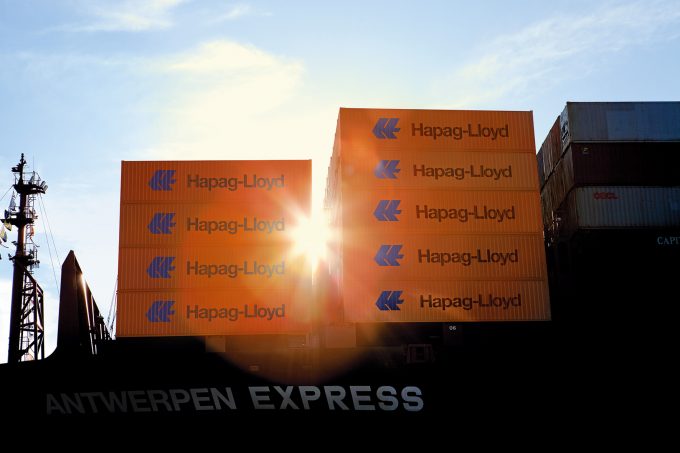Carrier price hikes hold, driving spot rates higher as space gets scarcer
Container spot freight rates on the transpacific and Asia-Europe trades saw a massive jump this ...

THE Alliance – Hapag-Lloyd, K Line, MOL, NYK and Yang Ming – have announced their pro-forma east-west tradelane network for April next year.
It follows publication by rival grouping the Ocean Alliance last week and news that the container divisions of the Japanese shipping groups would merge.
THE Alliance said its ...
Four crew members still missing as Wan Hai 503 continues to burn
Explosions and 'out-of-control' fire reported on Wan Hai box ship
Predatory rivals circle as the ripples from DSV's Schenker buy widen
MSC Elsa crew face criminal probe, as Wan Hai 503 firefighters battle on
'It's driving us mad', say forwarders as US court fails to end tariff turmoil
Transpacific rates ease as capacity boost proves too much for trades to digest
European port congestion easing – for now
CMA CGM 'testing the water' of the Suez Canal for more services
Flexport: Sanne Manders talks profitability, fire-sales and Dave Clark
DSV insiders hit back at Kuehne & DHL GF – got a 'pro integration' going
More legal trouble in India for MSC: feeder vessel detained after box ship disasters
DHL makes €500m bid to increase its presence in 'fast-growing Gulf markets'

Comment on this article